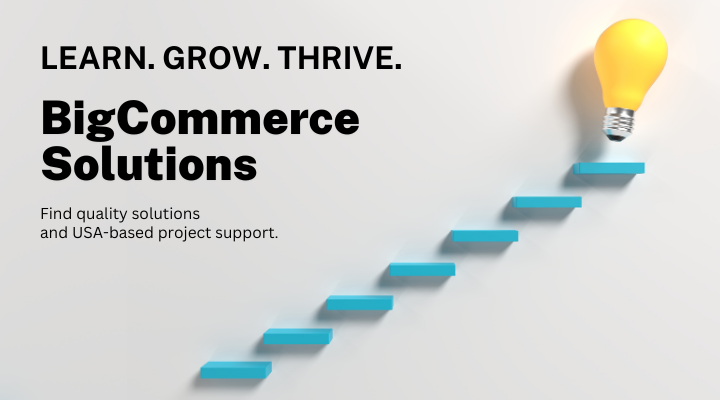In the rapidly evolving landscape of modern business, staying ahead requires a keen understanding of emerging trends and the agility to adapt. The concept of ‘business trends innovation conversationswithjessica’ encapsulates this dynamic interplay, emphasizing the importance of continuous dialogue and strategic foresight in navigating the future of entrepreneurship. This comprehensive exploration delves into the pivotal trends shaping the business world, offering insights and strategies to harness these developments effectively.
The Imperative of Innovation in Business
Innovation serves as the cornerstone of business growth and sustainability. It involves the introduction of new ideas, processes, or products aimed at enhancing efficiency and meeting evolving customer needs. The acceleration of technological advancements has heightened the necessity for businesses to integrate innovative practices into their core strategies.
Case Study: Netflix’s Data-Driven Disruption
A quintessential example of innovation is Netflix’s transformation of the entertainment industry. By leveraging data analytics to personalize content recommendations, Netflix has significantly enhanced user engagement and retention. The strategic investment in original content further underscores the company’s commitment to innovation, setting a benchmark for others in the industry.
Key Business Trends Shaping 2025
As we navigate through 2025, several key trends have emerged, fundamentally altering the business landscape.
Artificial Intelligence (AI) Integration
AI has transitioned from a futuristic concept to a present-day necessity. Businesses across various sectors are harnessing AI to enhance operations, improve customer experiences, and drive decision-making processes. The global AI market is projected to reach $190.61 billion by 2025, reflecting its pervasive influence.
Applications of AI:
- Retail: Personalized shopping experiences through AI-driven recommendations.
- Healthcare: Predictive analytics for preventive care and efficient treatment plans.
- Finance: Real-time fraud detection and risk assessment.
The integration of AI not only streamlines operations but also opens new avenues for revenue generation and competitive advantage.
Emphasis on Sustainability
Sustainability has become a central focus for businesses aiming to align with consumer values and regulatory expectations. Companies are adopting eco-friendly practices, investing in renewable energy, and embracing circular economy models to reduce environmental impact. The sustainable food market, for instance, is expected to grow by 12% annually until 2025.
Notable Developments:
- Renewable Energy: Expansion in solar and wind energy sectors.
- Circular Economy: Innovative recycling and waste reduction initiatives.
- Sustainable Food: Growth in regenerative agriculture and plant-based alternatives.
Adopting sustainable practices not only benefits the environment but also enhances brand reputation and customer loyalty.
Read Also: Trey Gowdy Forehead Surgery: Truth, Rumors, and Public Fascination
Hybrid Work Models
The pandemic has accelerated the adoption of hybrid work models, blending remote and in-office work. This shift has necessitated investments in collaborative technologies and redefined workplace dynamics. Companies embracing flexibility report higher employee satisfaction and productivity.
Key Considerations:
- Collaborative Tools: Utilization of platforms like Slack and Zoom for seamless communication.
- Productivity Analytics: Leveraging data to optimize workflows and performance.
- Global Talent Access: Expanding recruitment to include diverse, international candidates.
Implementing effective hybrid models requires a balance between flexibility and maintaining organizational culture.
E-commerce and Digital Payments
The surge in online shopping has propelled e-commerce to new heights, with global sales projected to surpass $7.4 trillion by 2025. Digital payment solutions, including mobile wallets and cryptocurrencies, have facilitated this growth, offering consumers convenient and secure transaction methods.
Innovations in E-commerce:
- AI-Based Personalization: Tailoring product recommendations to individual preferences.
- Voice Commerce: Enabling purchases through voice-activated devices.
- Cryptocurrency Payments: Accepting digital currencies for goods and services.
Businesses must adapt to these trends to meet consumer expectations and remain competitive in the digital marketplace.
Emergence of the Metaverse
The metaverse—a collective virtual shared space—has begun to influence various aspects of business, from marketing to product development. Companies are exploring virtual environments to engage consumers, host events, and create immersive brand experiences. The metaverse market is anticipated to reach $800 billion by 2025.
Potential Applications:
- Virtual Retail Spaces: Offering interactive shopping experiences.
- Employee Training: Utilizing VR simulations for skill development.
- Marketing Events: Hosting virtual product launches and brand activations.
Early adoption of metaverse technologies can position businesses as innovators in their respective industries.
Strategies for Embracing Innovation

To effectively navigate these trends, businesses should consider the following strategies:
- Foster a Culture of Innovation: Encourage experimentation and support creative initiatives within the organization.
- Invest in Technology: Allocate resources to adopt and integrate emerging technologies that align with business objectives.
- Prioritize Sustainability: Implement practices that promote environmental responsibility and social governance.
- Enhance Digital Presence: Develop robust e-commerce platforms and digital marketing strategies to reach a broader audience.
- Adapt to Workforce Changes: Embrace flexible work arrangements and invest in tools that facilitate remote collaboration.
Conclusion
business trends innovation conversationswithjessica represents a holistic approach to understanding and leveraging the dynamic forces shaping the future of business. By staying informed and agile, companies can not only survive but thrive in an increasingly complex and competitive global market.
Read Also: Which of These Additional Costs Will Most Likely Be the Most Expensive?




